Critical Essays Archive
The Unspeakable
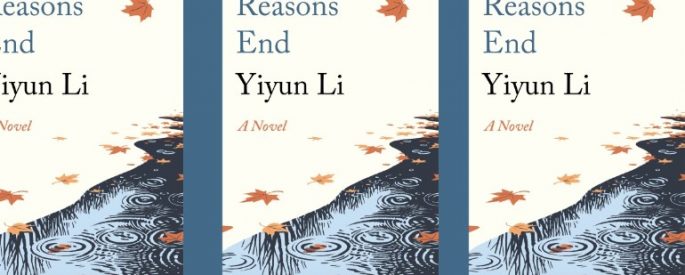
Yiyun Li’s new novel uses conversation as the mode to better explore her narrator’s grief.
Oedipus and the River Monster
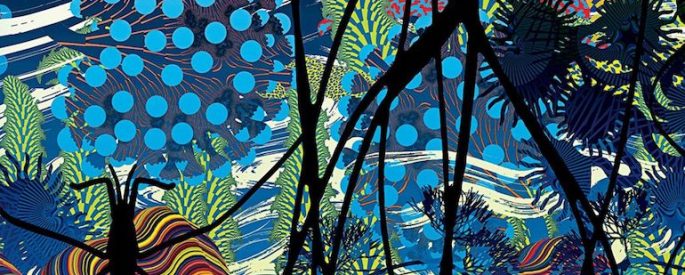
Daisy Johnson’s new retelling of the Oedipus myth molds the story’s original questions into new shapes: What does fear look like? What produces it?
Nabokovian Desire in Sex Me: Confessions of Daddy’s Little Freak
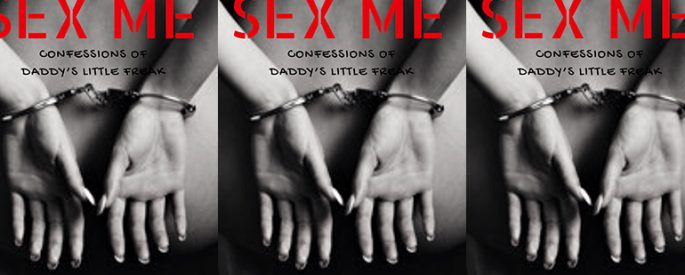
In wondering why victims stay in abusive relationships, people often ignore the more pressing question: why don’t abusers stop abusing?
The Psychological Repercussions of Silence in Stewart O’Nan’s City of Secrets
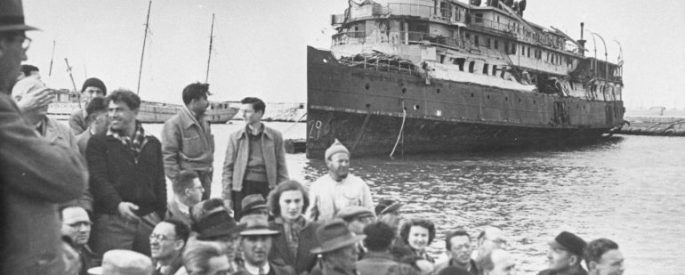
Silence is, necessarily, a fact of life for Brand, the protagonist of Stewart O’Nan’s 2016 novel, who has emigrated illegally to Palestine from the Soviet Union where he survived Gulag camps, and who has since become a member of the Haganah, a Jewish organization working to liberate Palestine from
Difficult Novels
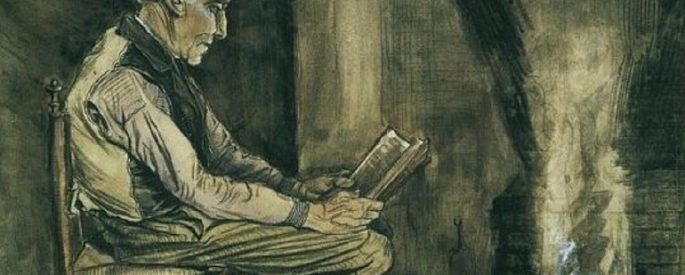
There is something incredibly patronizing about “readability” being the exclusive domain of the “common reader,” and about the way it continues to inform aspects of literary criticism.
Sherlock in Shanghai
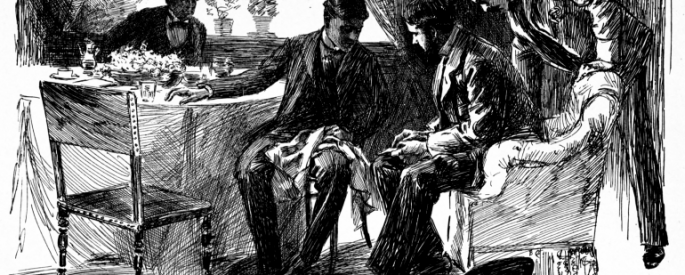
How difficult is it for a story to move continents? One of Sherlock Holmes’ early Chinese translators, Cheng Xiaoqing, decided to find out, transplanting Sherlock Holmes from the foggy streets of nineteenth century London to his own Republic-era Shanghai.
Work, Love, and Partnership in Tove Jansson’s Fair Play
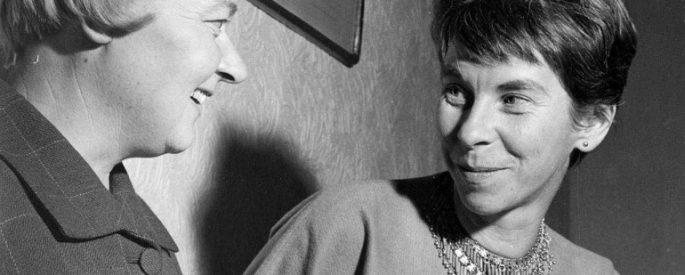
Jansson’s 1989 novel serves as a particularly poignant antithesis of the “loner artist” narrative, dealing instead with a loving partnership that, rather than getting in the way of artistic work, lifts and expands it.
The Criminal State in Austin Reed’s The Life and the Adventures of a Haunted Convict
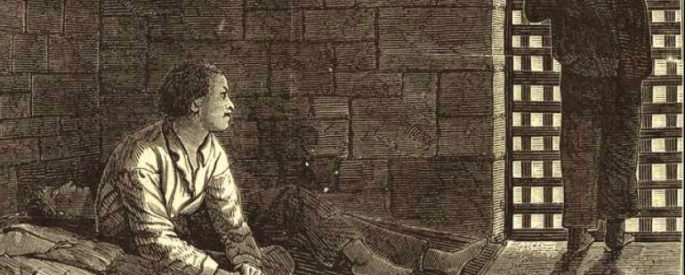
Austin Reed’s 1858 book evades generic stability, blending memoir with picaresque, bildungsroman, jeremiad, and others to reveal the injustice of the justice system and the perpetuation of a criminal cycle as enforced by a racist state.
The Messiness of Resistance
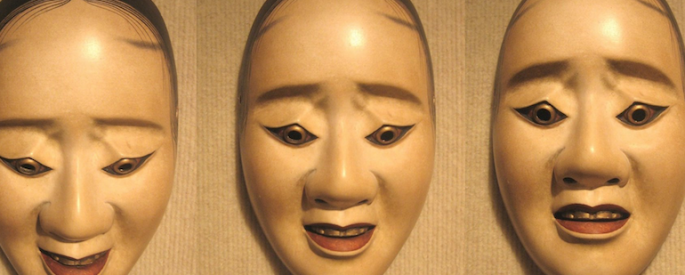
Fumiko Enchi’s 1958 novel, 女面, grapples with women’s rage within a system that is structured to work against them, as well as the ways some women perform what is expected of them in order to usurp the system itself—with messy consequences.
Sparkling and Shade in Soniah Kamal’s Unmarriageable
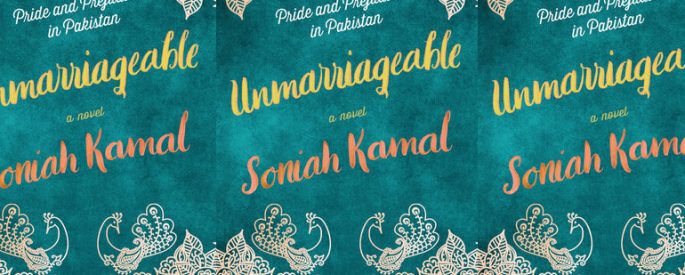
In taking pains to detail both the glittering weddings and the modern questions that lie, unanswered, beneath those elite celebrations, Soniah Kamal’s new novel strives to show us a complicated social status.